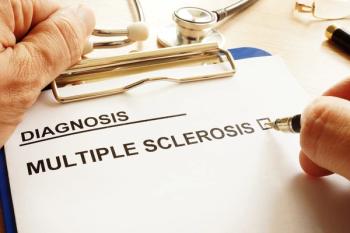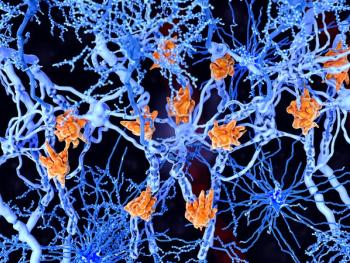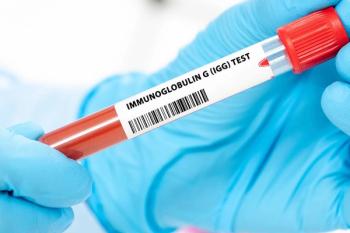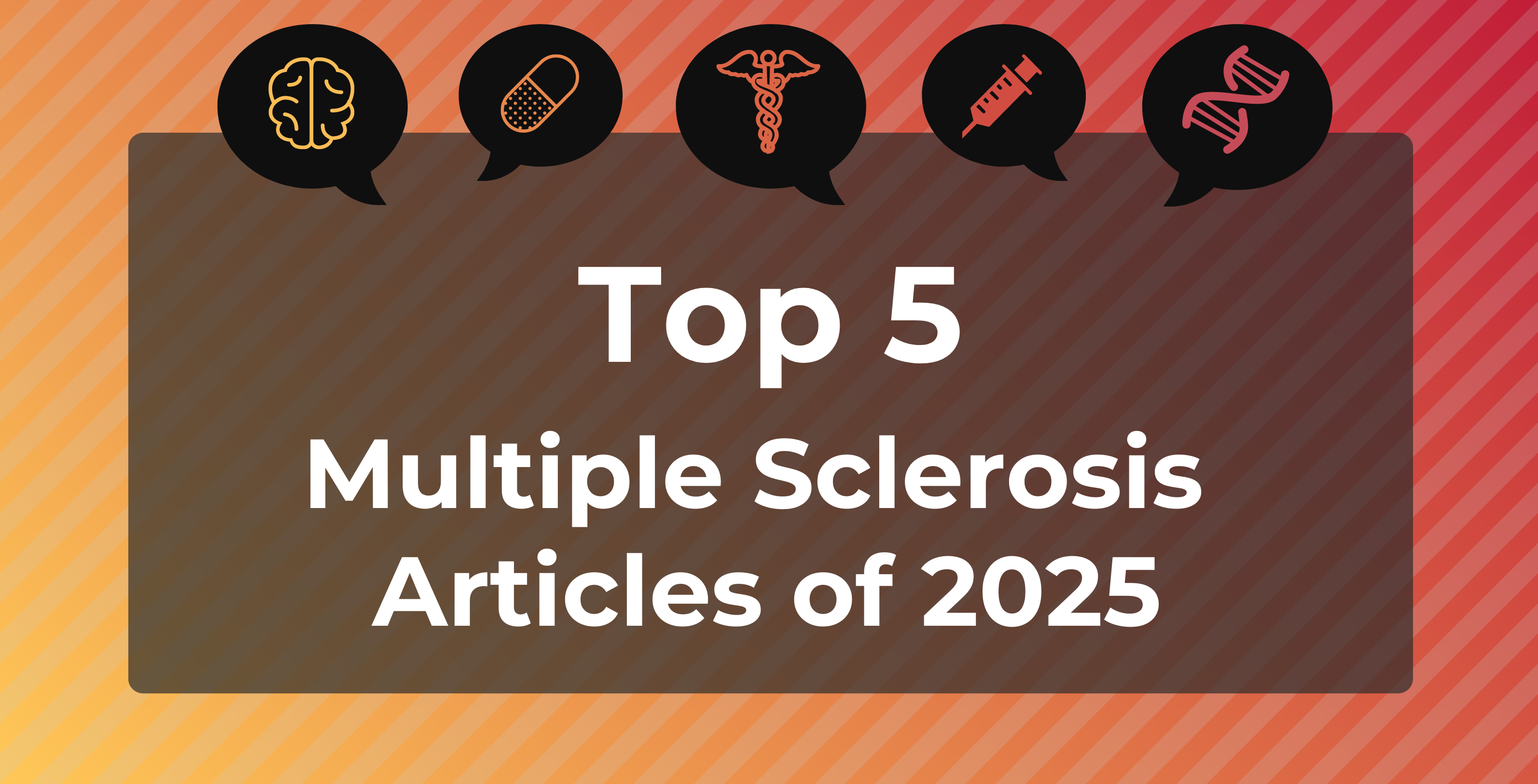
Multiple Sclerosis
Latest News
Latest Videos

Podcasts
More News

Clinicians and health system leaders met in Portland, Oregon, on October 21, 2025, to discuss the evolving options for treating Alzheimer disease and multiple sclerosis.

New research comparing the safety profiles of the 2 multiple sclerosis therapies suggests ocrelizumab is associated with lower rates of all-cause hospitalization and hypogammaglobulinemia.

Diet and metabolic health may have causal effects on MS development, suggesting that a healthy weight, controlling glucose levels, and reducing red meat intake may delay or prevent onset.

The study underscores the importance of repeat testing in cases where myelin oligodendrocyte glycoprotein immunoglobulin G tests are borderline.

Radiomic assessment has been used to distinguish multiple sclerosis from similar disorders, and it might also be useful in identifying MS stages and subtypes.

Structural and microbial findings point to a potential nasal-brain immune connection in patients with multiple sclerosis (MS).

Lesion-based disconnectome mapping suggests that the pattern, not the quantity, of brain damage determines cognitive outcomes in patients with MS.

Researchers developed a first-of-its-kind panel to track receptor expression and predict therapy response.

New research reveals that changes in normal-appearing white and gray matter significantly impact MS progression, challenging traditional lesion-focused views.

Iron dysregulation significantly impacts multiple sclerosis progression, linking iron levels to neuroinflammation, demyelination, and potential therapeutic strategies.

Discover how biomarkers like neurofilament light chain and glial fibrillary acidic protein enhance personalized care for patients who have multiple sclerosis.

Navigating treatment for multiple sclerosis and comorbid inflammatory diseases presents unique challenges, requiring careful, interdisciplinary strategies for optimal patient care.

Research highlights a strong link between Epstein-Barr virus and multiple sclerosis (MS), suggesting new therapeutic strategies targeting the virus for MS treatment.

A recent study reveals that over one-third of individuals with relapsing-remitting multiple sclerosis (MS) do not fully recover from relapses, highlighting critical recovery factors.

A study reveals that nearly 80% of US neurologists prescribing multiple sclerosis (MS) therapies received industry payments, influencing their prescribing patterns significantly.

New insights reveal how early intervention in radiologically isolated syndrome can delay multiple sclerosis (MS) onset and improve patient outcomes.

New findings demonstrate an association between increased cumulative depression genetic burden and multiple sclerosis (MS) disease activity.

Real-world studies reveal limited insights on infection risks for multiple sclerosis patients using disease-modifying treatments, highlighting gaps in clinical trial data.

Innovative therapies, including BTK inhibitors, target multiple sclerosis progression, offering hope for improved treatment outcomes and myelin repair.

Discover the latest advancements in multiple sclerosis (MS) treatment, including innovative therapies and strategies for disease prevention and repair.

Discover the latest insights on pediatric-onset multiple sclerosis, emphasizing early intervention and high-efficacy therapies for improved outcomes in children.

New biomarkers enhance multiple sclerosis (MS) diagnosis, enabling earlier detection and improved patient care, transforming MS management across the health care system.

Panelists discuss how payers can evaluate BTK inhibitors by considering specific MS phenotypes and FDA indications rather than applying traditional step therapy protocols that may delay optimal treatment.

Panelists discuss how BTK inhibitors represent a promising new oral therapy class that could address both inflammatory and neurodegenerative aspects of MS, particularly for progressive forms where treatment options are limited.

Pediatric patients with multiple sclerosis (MS) face significant challenges transitioning to adult care, risking treatment delays and long-term health outcomes.













